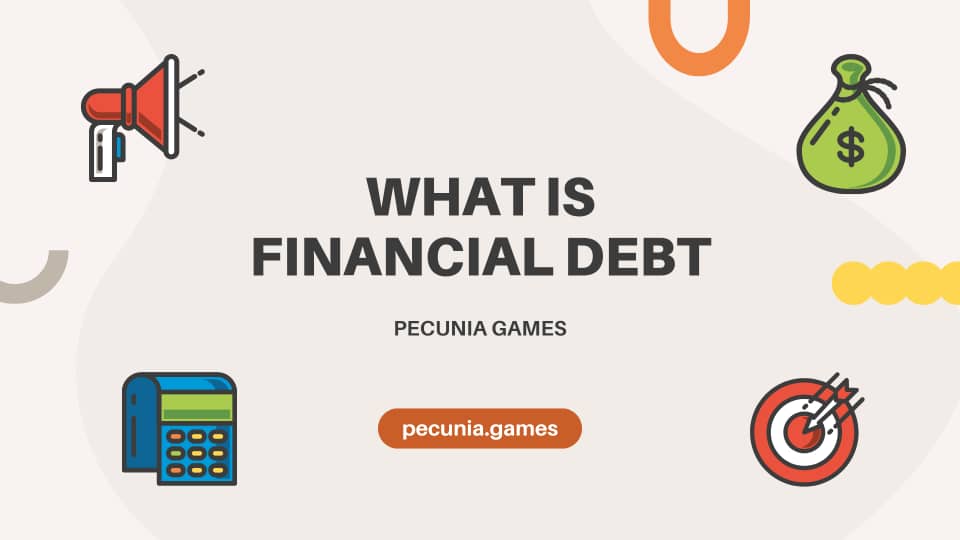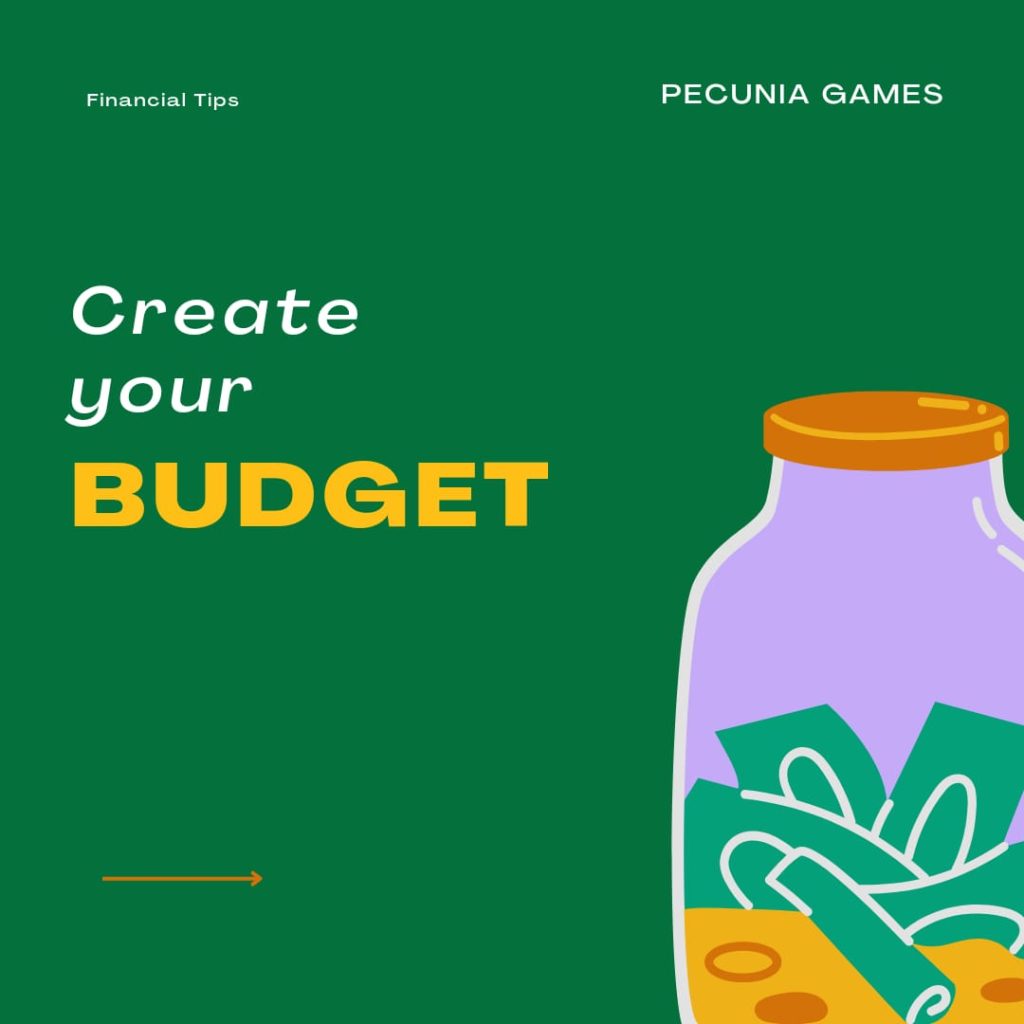Financial debt is one of the biggest challenges individuals, businesses and government face and if not properly handled can cripple years of labour invested in the business.
As an individual or business owner, it is usually wiser to avoid financial debt as much as you can.

TABLE OF CONTENT
- WHAT IS FINANCIAL DEBT?
- TYPES OF FINANCIAL DEBT
- HOW TO AVOID COMMON TRAPS THAT LEADS TO FINANCIAL DEBT

What is Financial Debt?
Financial debt refers to the amount of money that a person, organization, or government owes to creditors.
Debt is usually incurred as a result borrowing fund to finance various activities or projects. This debt must be repaid overtime and often with interest.
Types of Financial Debt
There are various forms of debt and this includes:
1. Corporate Debt:
Corporate debt refers to the money that a company borrows from external sources to finance its operations, investments, or other business activities. It is a form of financial obligation that a corporation assumes when it borrows funds from various sources, such as financial institutions, bondholders, or through other debt instruments.
This fund borrowed could be to fund operations, expand or other business activities.
2. Consumer debt:
Consumer debt refers to the total amount of money that individuals owe to lenders as a result of borrowing for personal or household purposes. This usually takes different forms such as Credit card loan, Student loan, auto Loan, mortgages, etc.
3. Government Debt:
Government debt refers to financial liabilities that a government owes to external creditors and domestic lenders. Government debt is also called public or sovereign debt. This debt can be used to fund infrastructure projects, social programs, defense, and other government operations.
HOW TO AVOID COMMON TRAPS THAT LEADS TO FINANCIAL DEBT.
Here is a common saying; “prevention is better than cure”. It’s better to avoid being in debt than wait till you are stuck in debt. Here are some ways to avoid common traps that could lead to financial debt.
1. Create a budget:

A budget is simply a spending plan based on income and expenses. Create a detailed budget outlining your income, expenditure and your saving goals. Always prioritize your needs over your wants.
2. Live within your means:
An adage has this to say; “cut your coat according to your size”. It’s wisdom to spend according to your earning. Avoid the temptation of spending beyond what you earn.
3. Avoid buying on impulse:
Buying on impulse means making unplanned and spontaneous purchases, usually driven by desires, or external factors rather than careful consideration or need.
Always give yourself time to think through if a purchase is a need or just a want. Be intentional about the things you buy.
4. Build Emergency Fund:
According to Daniel Kurt, “An emergency fund is a source of ready cash in case of an unplanned expense, an illness, or the loss of a job.”
It is a savings account set aside specifically to cover unforeseen financial expenses or emergencies. It’s important you create a savings account where you deposit a particular percentage of money from time to time for emergency. This prevents you from relying on loans during financial crises.
5. Save for the future:
It’s important to build a good savings habit especially for the rainy days. Failure to save ahead could lead to getting loans or using credit cards which in turn incurs financial debt.
Learn how to save for future purposes and enjoy the satisfaction that comes with making purchases with your own fund.
6. Insurance Coverage:
Having adequate insurance coverage on your property, health and so on can save you from financial burdens when crises come. Insurance coverage can save you from a lot of financial distress especially cases your emergency fund can’t cover.
7. Get Financial Education:
Widen your scope of matters as it concerns personal finance. This could help you make more informed decision.
By implementing these strategies, you can reduce the tendency of being a victim of financial debt.
